COURSE OVERVIEW
ME0990 : Bolted Flange & Gasket Design & Stress Analysis (ASME/ANSI)
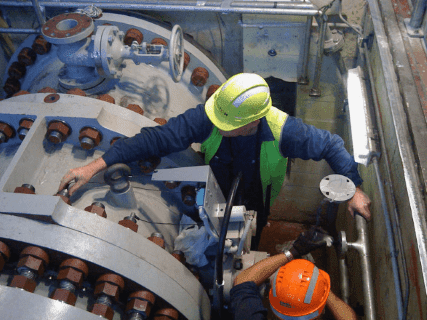
OVERVIEW
| COURSE TITLE | : | ME0990 : Bolted Flange & Gasket Design & Stress Analysis (ASME/ANSI) |
| COURSE DATE | : | Apr 15 - Apr 18 2024 |
| DURATION | : | 4 Days |
| INSTRUCTOR | : | Mr. Rod Larmour |
| VENUE | : | Al Khobar, KSA |
| COURSE FEE | : | $ 4500 |
| Request For Course | ||
Course Description
This practical and highly-interactive course includes practical sessions and exercises. Theory learnt will be applied using our state-of-the-art simulators. In this course, we shall be analyzing the riveted and bolted joints used in the oil refineries for jointing of pipes & plates, for the blinding of pipes, pressure vessels and heat exchangers. The selection of pipe flanges is well documented in the ASME code and is fairly straight forward when pressures and temperatures are known. Use of the code makes the specific selection of components such as flanged valves, meters, pumps and compressors also fairly straight forward in most instances. As a piping designer or engineer it is, however, essential to have an understanding of the flange joint make-up as a unit. To this end, it is essential to understand the meaning of bolt preload and its importance in the flange joint, when considering external loadings due to (1) internal pressure, (2) cyclic conditions- leading to possible fatigue, (3) the effect of temperature, (4) shear and bending loads, and (5) vibration.The aspect of fatigue loadings will be covered, however in practice the cyclic conditions encountered can be extremely difficult to estimate. An example of a pipeline in Alaska will be discussed in this regard. Sometimes, at best, a designer/ engineer can only make assumptions (and judgments based on experience), regarding expected vibration. Accurate bending and shear loads on flange joints can sometimes only be established from a pipe stress analysis programme.Circular flat plates will be analyzed and compared to blind flanges, and pressure vessel heat exchanger applications.
TRAINING METHODOLOGY
This interactive training course includes the following training methodologies:
LecturesWorkshops & Work Presentations
Case Studies & Practical Exercises
Videos, Software & Simulators
In an unlikely event, the course instructor may modify the above training methodology for technical reasons.
VIRTUAL TRAINING (IF APPLICABLE)
If this course is delivered online as a Virtual Training, the following limitations will be applicable:
| Certificates | : | Only soft copy certificates will be issued |
| Training Materials | : | Only soft copy materials will be issued |
| Training Methodology | : | 80% theory, 20% practical |
| Training Program | : | 4 hours per day, from 09:30 to 13:30 |
RELATED COURSES
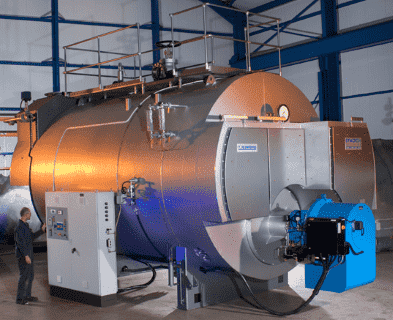
ME0089 : Steam Boilers Operation, Maintenance and Control System
- Date: Jan 26 - Jan 30 / 3 Days
- Location: Dubai, UAE
- Course Details Register
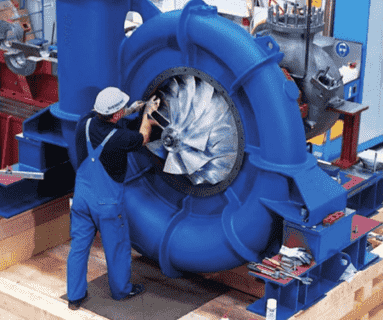
ME0447 : Rotating Equipment: Pumps, Turbines & Compressors Technology: Design, Selection, Operation, Control, Inspection, Maintenance & Troubleshooting
- Date: Jan 26 - Jan 30 / 3 Days
- Location: Istanbul, Turkey
- Course Details Register
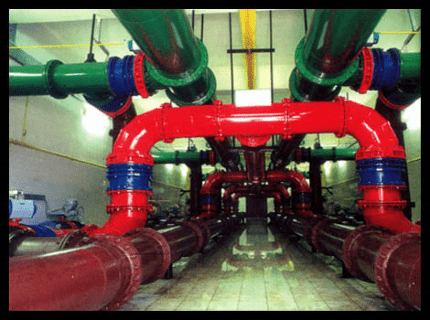
ME0630 : The Layout of Piping Systems & Process Equipment
- Date: Jan 26 - Jan 30 / 3 Days
- Location: Cairo, Egypt
- Course Details Register
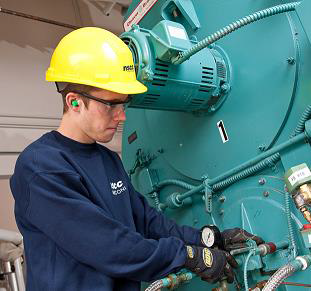
ME0138 : Application of Standards in Boiler, Pressure Vessel & Piping Systems
- Date: Jan 26 - Jan 30 / 3 Days
- Location: Doha, Qatar
- Course Details Register
